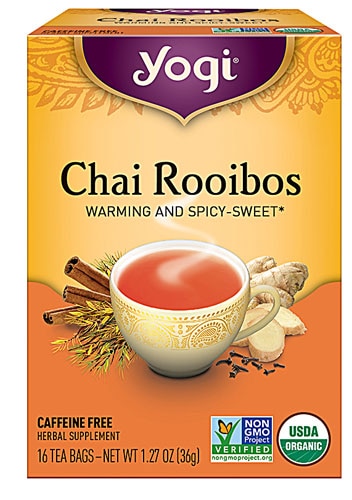If you’ve ever turned to comfort food when you needed a pick-me-up, it’ll be no surprise for you to learn that diet can have chemical and physiological effects in the brain that impact mood. And while it’s true that certain foods can spur positive emotions, the opposite is also true: Some foods and dietary patterns can predispose us to depression or anxiety.
The good news is that by making a few simple choices—avoiding mood-busters and opting instead for mood-boosters—you can make all your meals happy ones.
Bad mood food
All of these dietary choices can lead to negative emotional responses and should be avoided.
- Poorly balanced diets
Imbalanced diets, such as those that involve binge eating or skipping meals, can contribute to spikes in energy and blood glucose levels. The result? Increased cravings due to lack of consistent energy intake throughout the day. This can contribute to feelings of irritability and poor concentration skills.
- Refined carbohydrates or lower-carbohydrate diets
Diets that include more refined carbohydrates can cause larger fluctuations in insulin levels. This in turn can affect other hormones that stimulate appetite and emotion in the brain, affecting mood and energy level. Those who omit carbohydrates from their diets can also experience more severe mood changes and fatigue due to the lack of glucose, which is the primary source of fuel for the brain.
- High-fat diets
Frequent consumption of greasy, fried, fatty foods can cause a person to feel less energetic. High-fat meals sit in the stomach longer, which can lead to heartburn and indigestion, along with a sluggish digestive system. These meals are also often associated with feelings of guilt resulting in a negative mood.
- Caffeine overload
Too much caffeine can cause large swings in energy levels and increases in anxiety and nervousness. If you consume more than two cups per day, slowly switch to caffeine-free beverages such as water, herbal tea and diluted juices.
Feel good food
Here are the keys to lifting emotion through food.
- Eat well-balanced meals and snacks
Most importantly, do not skip meals. Aim to eat regularly spaced meals and snacks throughout the day, starting with a healthy breakfast that contains lean protein, whole grains and fruit. This provides the proper fuel for optimal brain function throughout the day.
- Focus on whole grains
Whole grains provide a slower release of glucose into your system, preventing spikes in insulin and hunger, which can affect mood. Choose whole-wheat or multigrain breads, rice, cereals and pastas, rather than their refined counterparts, along with beans, nuts and seeds.
- Choose healthy fat, especially omega 3s
Omega-3 fatty acids have been studied in relation to depression and are healthy for the brain and central nervous system. Although research on dietary supplementation has yielded inconsistent results, a study published in the Archives of General Psychiatry in 2001 found fish eaters had a lower risk of poor mood. Good sources of omega-3 fatty acids include fatty fish such as salmon, tuna and mackerel; plant-based foods such as flax, walnuts and canola oil; and omega-fortified eggs.
- Search out the right nutrients
Although supplementation with micronutrients such as folate, vitamin B12, selenium and vitamin D are thought to be important for mental health, supplementation has been studied with mixed results. Adequate food sources remain important for a well-balanced diet that maintains proper brain and nervous system function, which also controls our moods. Folate is found in legumes, nuts and dark green vegetables. B12 can be found in all animal products—especially lean meats and low-fat dairy products. Selenium is abundant in seafood, nuts (Brazil nuts are a particularly good source), beans and meats. Vitamin D can be obtained through adequate sun exposure, along with smaller amounts from dietary sources such as fish and fortified dairy and other foods.
Doubling down
We now know that diet can affect mood, but it’s also true that mood can influence our food choices. Sound like a vicious cycle? It is. In a study published in Psychosomatic Medicine in 2008, stressed emotional eaters were found to eat sweeter, higher-fat foods and more calorie-dense meals. These behaviors can compromise health by contributing to weight gain and increased risk for heart disease, diabetes, stroke and cancer.
The food-mood connection is much stronger than one may think. It is important to not only be mindful of how your mood affects your eating behaviors but also to be aware of making healthier food choices in order to improve your overall mood and enhance your emotional well-being.




